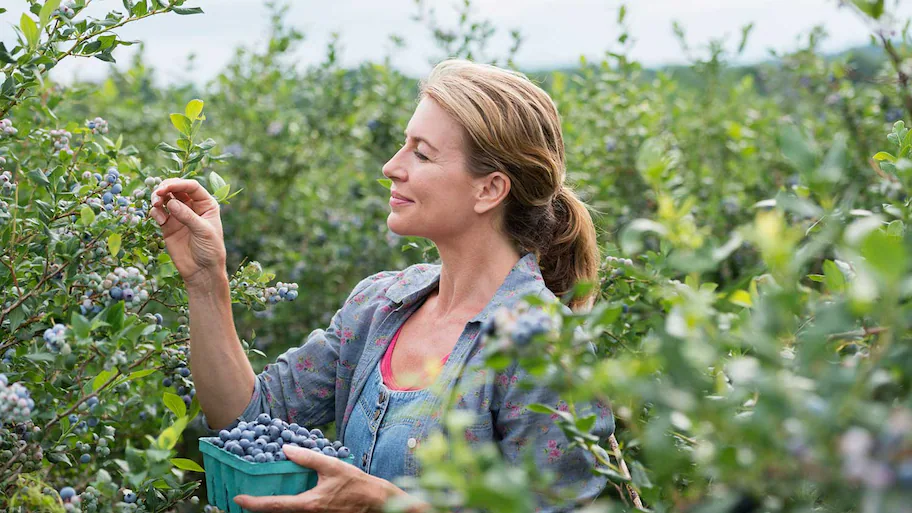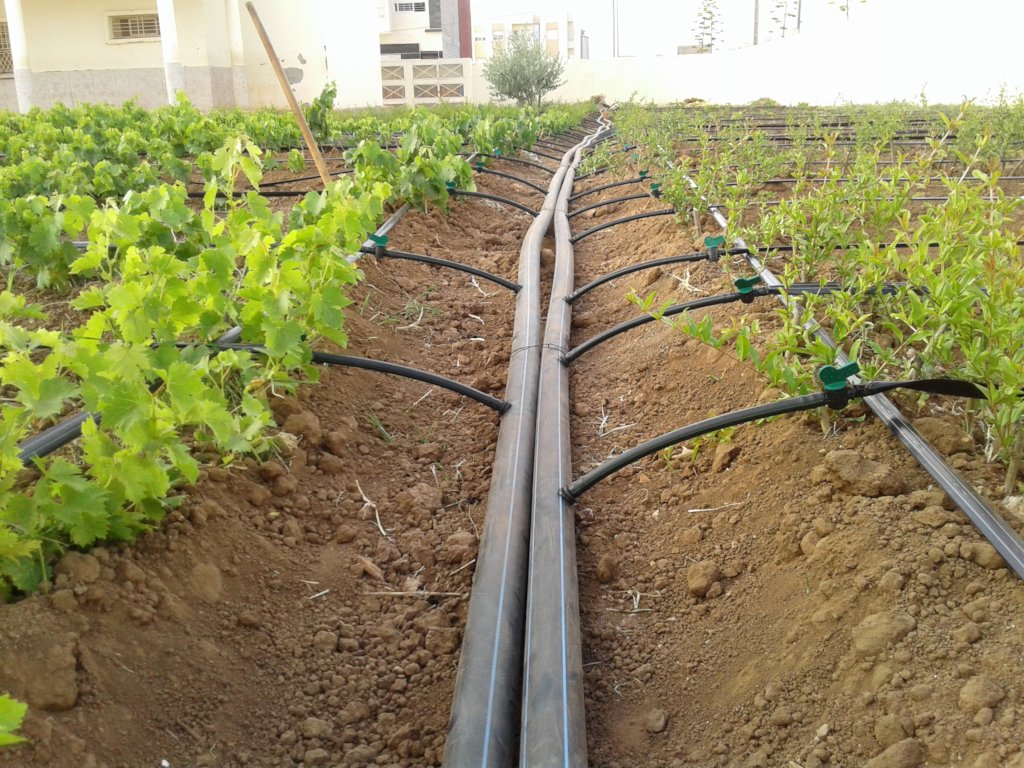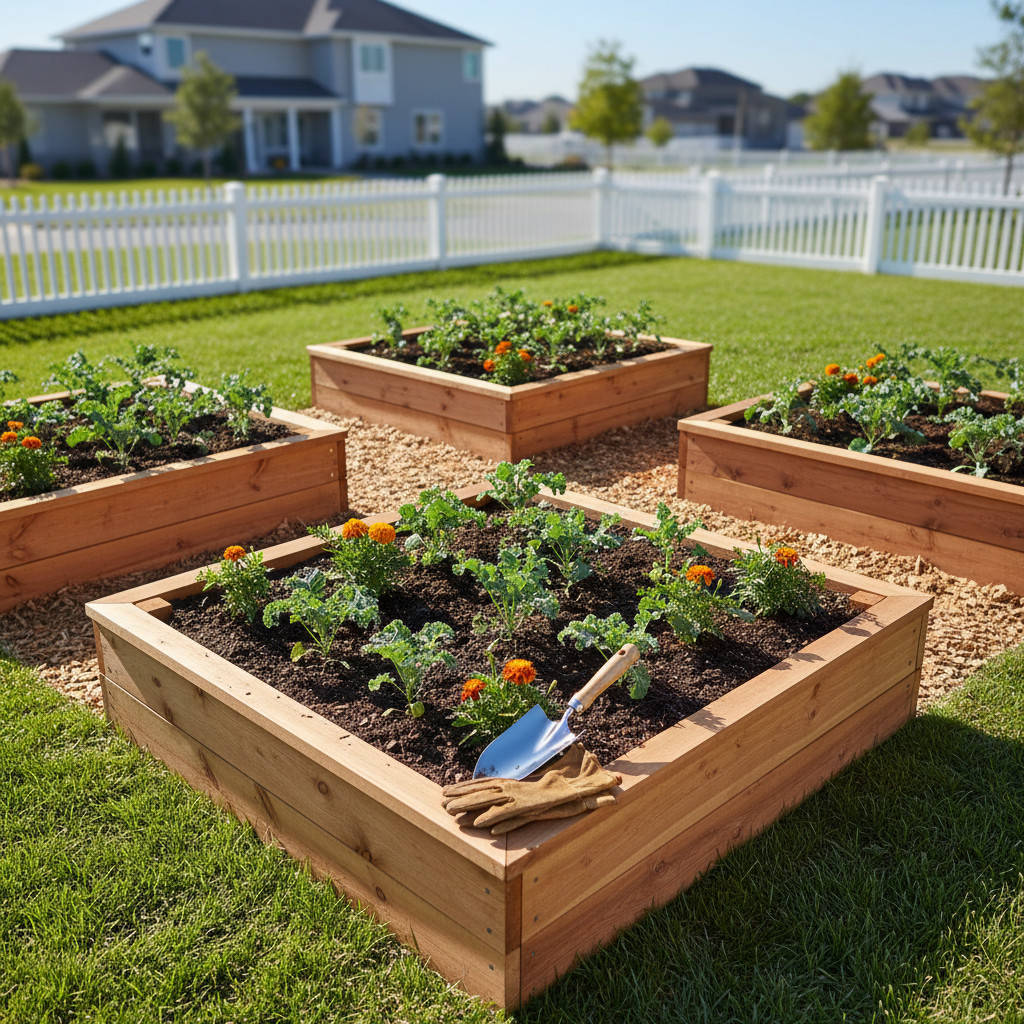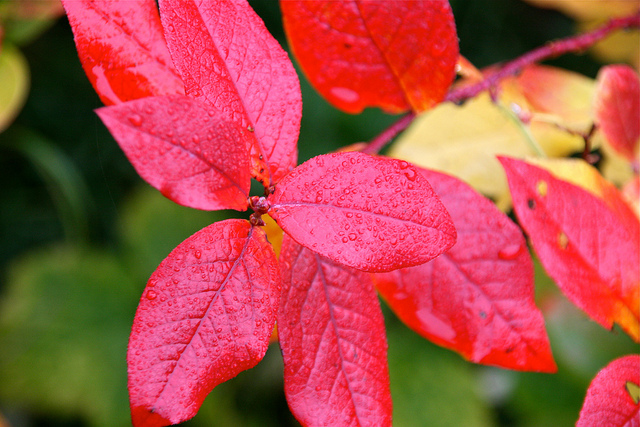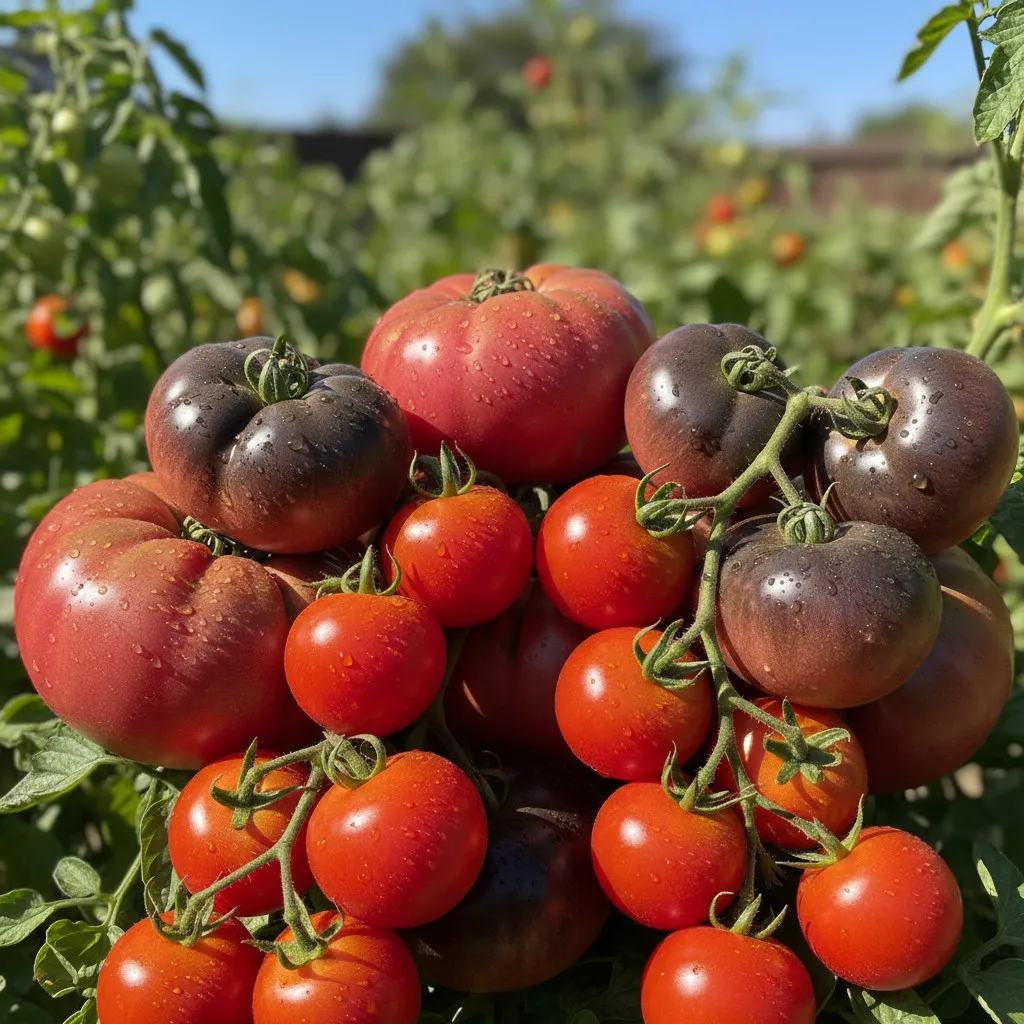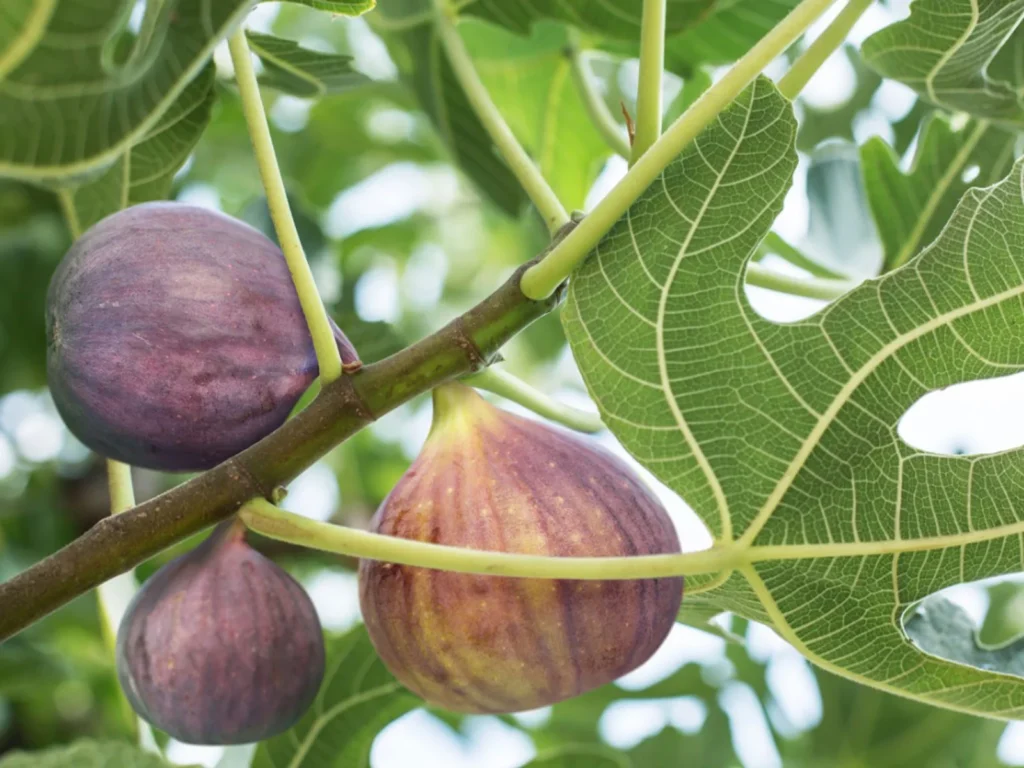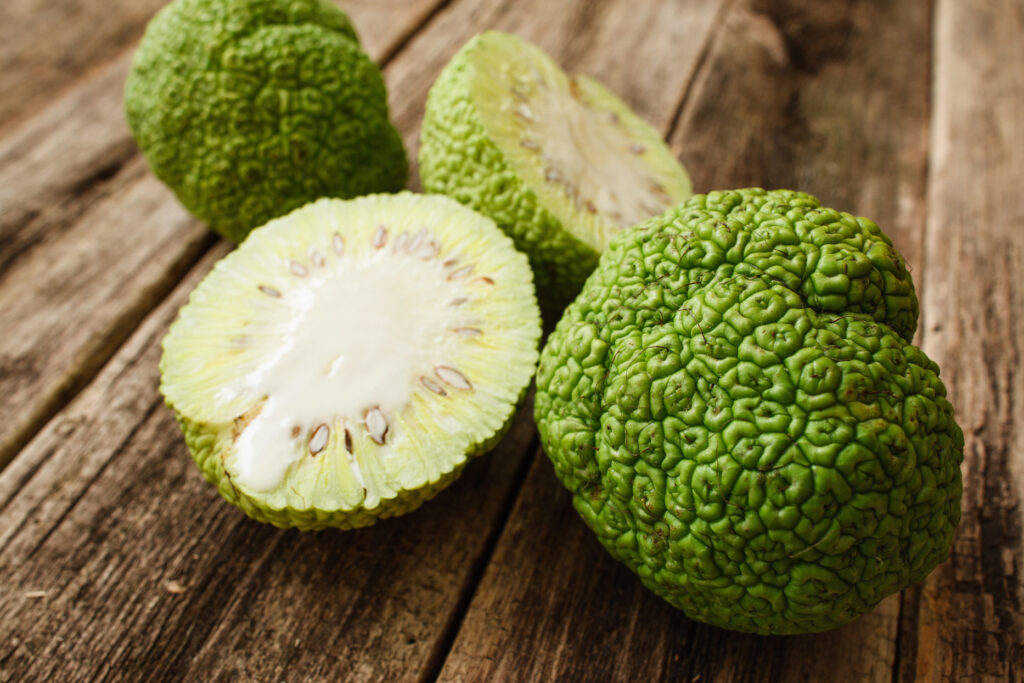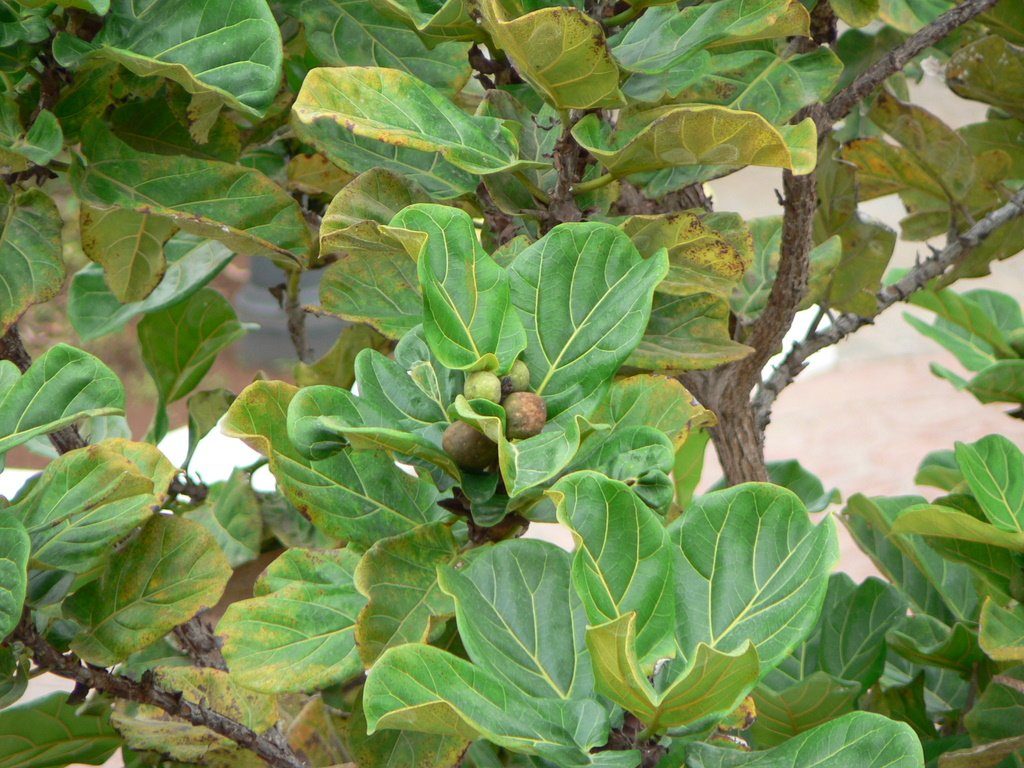Kiwis, with their sweet taste and bright green flesh, are a favorite around the world. These small fruits, known as Chinese gooseberries or just kiwifruit, started off in China but are now grown globally, including in countries like New Zealand, Italy, Greece, and the USA.
This juicy fruit can be enjoyed by itself, mixed into yummy desserts, or tossed into your morning smoothie or salad. Kiwis have a specific season when they taste the best. Let’s take a deep dive into when you can get the juiciest kiwis and how to make the most of their season.
Table of Contents
- Kiwi Seasons Across the Globe
- What Affects Kiwi Seasonality?
- 1. Climate
- 2. Growing Region
- 3. Weather Conditions
- 5. Kiwi Varieties
- Why Eat Kiwis When They’re in Season?
- 1. Richer in Nutrients
- 2. Tastier
- 3. Cheaper
- How to Select and Keep Kiwis Fresh
- Is Kiwi a Winter Fruit?
- Can You Get Kiwis All Year?
- Concluding Thoughts
Kiwi Seasons Across the Globe
Kiwi season varies by location. In New Zealand, it lasts from May until October, while in Italy and Greece, it goes from September to November. California has kiwis from November to May, and other US areas have them from late fall into the beginning of winter. Factors like the climate, where they’re grown, the weather, and the type of kiwi all affect when they’re ready to eat.
What Affects Kiwi Seasonality?
Many things play a role in deciding the kiwi’s peak season:
1. Climate
Kiwis like it when it’s not too cold and not too hot, ideally between 20-25°C. However, this can change based on the part of the world and the type of kiwi. For example, the Hayward kiwi prefers cooler weather and is usually grown in places with milder climates.
2. Growing Region
The place where kiwis are cultivated also matters. Kiwis come from different regions worldwide, each with its season. Kiwis from New Zealand come in the opposite season to the ones in the Northern Hemisphere, meaning their season is from May to October.
Conversely, countries with warmer climates like Italy and Greece have kiwis ready earlier, starting in September.
3. Weather Conditions
The weather plays a big part too. Too much rain or humidity can spoil the kiwi fruit, and extreme cold or heat can harm the flowers and reduce how much fruit is produced. Kiwis do best when the weather is stable and predictable.
5. Kiwi Varieties
There are different types of kiwis, and each has its own season. The popular Hayward usually ripens in mid-March to mid-May in the Southern Hemisphere and mid-October to mid-December in the Northern Hemisphere. Other kinds, like the Gold Kiwi, are ready earlier, while the Green Kiwi has a longer ripening window.
All in all, the best kiwi season is influenced by a mix of climate, where they’re grown, the weather, and the kiwi variety. With this knowledge, you can pick the best times to buy and enjoy these fruits at their highest quality.
Why Eat Kiwis When They’re in Season?
Not only are kiwis tasty, but they also bring a lot of health benefits, especially when eaten in their prime season:
1. Richer in Nutrients
Peak-season kiwis have more vitamin C and E, fiber, and antioxidants, which can strengthen your immune system, support digestion, and lower inflammation.
2. Tastier
Ripe kiwis are much more flavorful. They’re juicier, sweeter, and have a softer texture, which makes them a wonderful touch to a variety of dishes.
3. Cheaper
Because there are lots more kiwis around when they’re in season, they’re usually cheaper. This means you can enjoy this healthy snack without spending a lot.
How to Select and Keep Kiwis Fresh
Here are some tips for picking the best kiwis and keeping them fresh and delicious.
Look for firm kiwis that are just a little soft when you squeeze them. Stay away from overly soft ones or those with bruises or cuts. Check for any mold around the stem too.
Store your kiwis in a punched plastic bag in the fridge for up to two weeks. Keep them away from fruits like apples or bananas, which can make them ripen too quickly.
Got unripe kiwis? Put them in a paper bag with a banana or an apple at room temperature to ripen faster. Want to save them for later? Peel, slice, and freeze them on a tray before transferring them into a freezer bag. They can last up to six months like this.
Is Kiwi a Winter Fruit?
Kiwi is usually found in winter in many places, but the situation can be different based on where you are. Some areas might have kiwis at other times too.
Can You Get Kiwis All Year?
Yes, it’s possible to find kiwis in stores throughout the year because they’re grown in various regions worldwide, giving us a steady supply. Keep in mind, though, that their taste and price might not always be the same. For the fresher and more nutritious kiwis, it’s best to buy them in their natural season.
Concluding Thoughts
To really enjoy the great taste and health perks of kiwis, it pays to know when they’re in season, how to pick the best ones, and how to keep them fresh. Choose firm kiwis with no bad spots and store them right to keep them tasty. Help unripe kiwis get ready to eat with an apple or banana, and remember you can freeze them for the future.
Savoring kiwis during their peak time gives you more nutrition and a better eating experience. Make sure to grab this fruit when it’s ready and include it in your diet for a delicious, healthy boost!
Kiwis are versatile, whether you have them by themselves, in a blend, or mixed into your favorite salad. They’re an excellent food choice, full of good flavor and health benefits.
